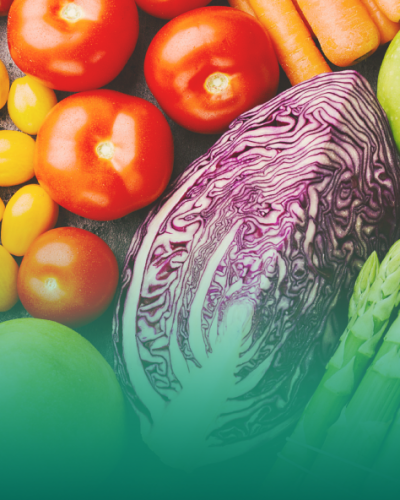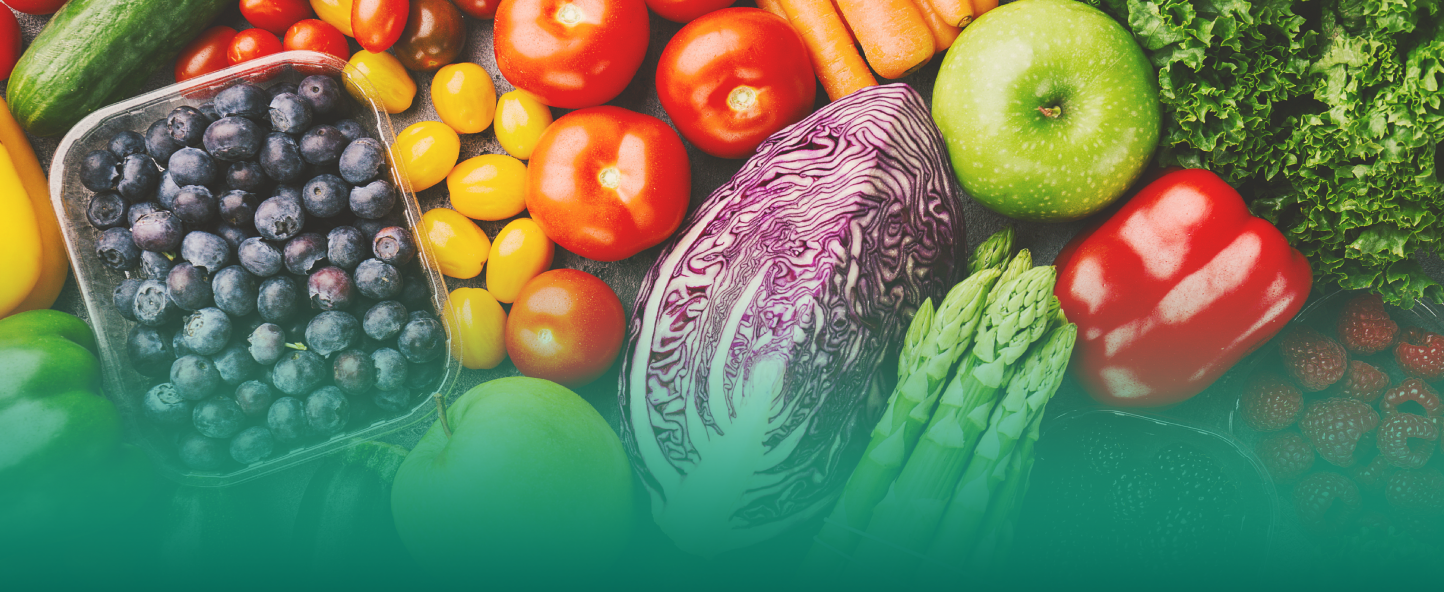It is often believed that all fruits, without exception, benefit our health, but in fact this is not the case. Some of the most common and favourite fruits, such as bananas, apples and pears, contain significant amounts of sugar, which can cause high blood sugar levels. However, there are fruits that have specific beneficial properties and can make a significant contribution to our health.
Lemon
Lemon, for example, is one of the healthiest fruits due to its citric acid content, which helps improve digestion and maintain an alkaline environment in the stomach, which prevents the development of harmful microorganisms. Grapefruit, like lemon, is rich in vitamins C and K and contains minimal amounts of glucose and fructose, which makes it especially useful in medical nutrition.
Pomegranate
Another fruit that has high nutritional value is pomegranate. The entire fruit, including the peel and seeds, contains valuable elements. Pomegranate seeds contain a substance that helps restore blood vessels, and the grains themselves are rich in minerals such as potassium, phosphorus, calcium and magnesium. At the same time, pomegranate peel contains iron, and its infusion has an anthelmintic effect.
All vegetables are healthy
Another common myth is the belief that all vegetables are equally healthy. In fact, some vegetables are nutritionally superior to others. For example, Brussels sprouts, broccoli and leafy greens are particularly healthy due to their high fiber, vitamin and mineral content. Legumes are also worth considering for their high levels of folate, potassium and magnesium, while sweet potatoes are an excellent source of protein, carbohydrates and fiber.
Fresh fruit is better than frozen
Finally, many people believe that fresh fruit is more nutritious than frozen fruit, but this is not always the case. Frozen fruits and vegetables retain their nutritional properties and vitamins by being frozen immediately after harvest, when their nutritional value is highest. It’s important to understand that fresh fruits and vegetables may lose some of their nutritional value after being stored on the counter or in the refrigerator, while frozen fruits and vegetables remain nutritious and healthy longer.
Pineapple
In addition to the fruits and vegetables mentioned above, there are many others that can provide significant health benefits. For example, pineapple contains the enzyme bromelain, which helps improve digestion and has anti-inflammatory properties. Kiwi is rich in vitamin C and fiber, which helps maintain cardiovascular health and improves immune system function. Watermelon, which is 92% water, helps hydrate the skin and maintains proper fluid balance in the body.
Diet variety is key to maintaining a healthy lifestyle. There is no need to limit yourself to just a few types of fruits and vegetables. The wider the range of foods we eat, the more benefits we bring to our body, receiving various vitamins, minerals and antioxidants necessary to maintain health.
So, keep in mind that not all fruits and vegetables are created equal and choose the ones that best suit your needs and goals. By supplementing our diet with varied and nutritious foods, we provide our body with everything it needs for a healthy and balanced life.






